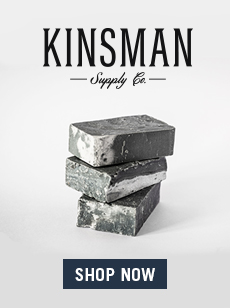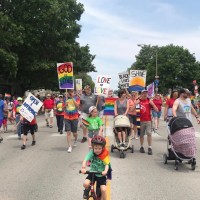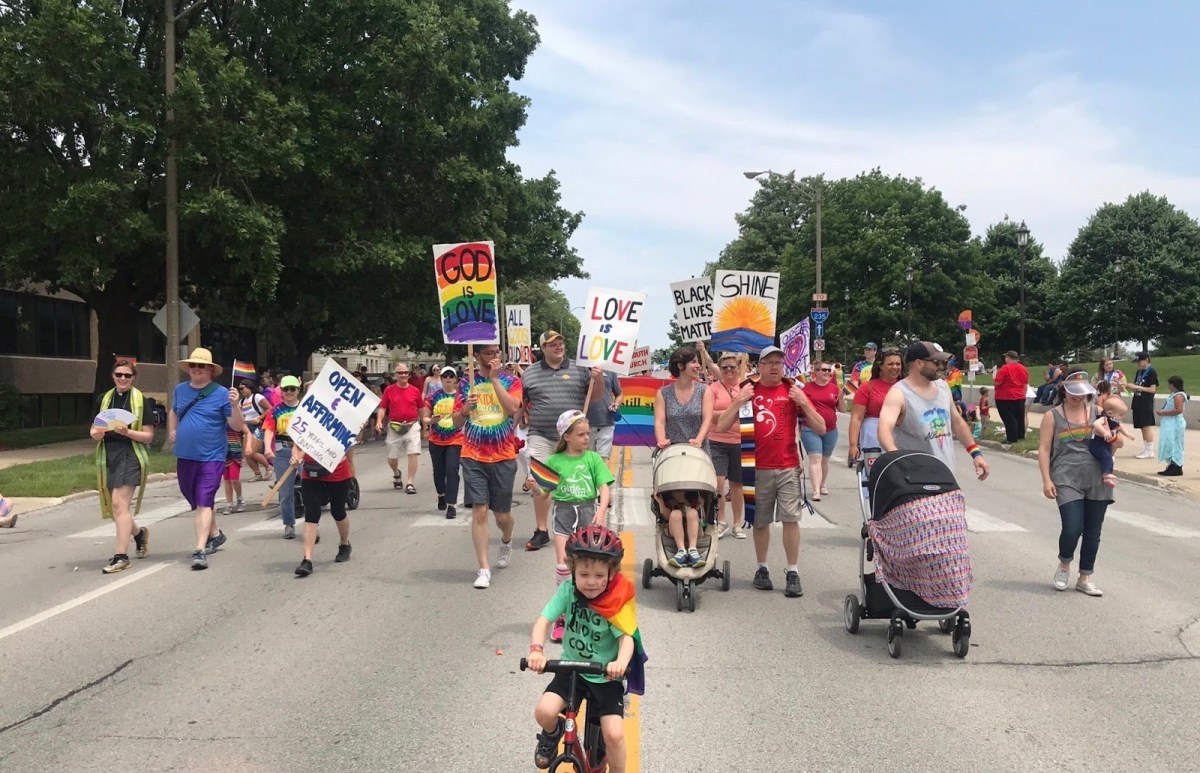Last weekend, I marched for the very first time in my city’s Pride parade.
If you’d have asked me 15 years ago if I’d march, I’d have told you no. I’d probably have offered some unsolicited counsel on the moral dangers of celebrating such an event.
If you would have asked me 10 years ago, I’d have told you no. Then I’d have told you that while I had gay friends and respected their right to march. It just wasn’t my thing.
If you’d have asked me five years ago if I’d march, I’d have told you no—vehemently. Then I’d have asked why you’d even suggest that? Because while by then I had internally acknowledged that I was a part of the LGBTQ+ community, I never would have wanted you to know. I wasn’t out and I wasn’t proud.
What changed me? Love did.
We learn and we grow—as people and communities. And as I have learned and grown, I’ve begun to love better.
I’ve begun to love myself better.
I’ve begun to love my neighbors better.
I’ve begun to love my enemies better—and I’ve begun to realize they’re my neighbors, too.
That’s what love does. It transforms people.
Love taught me that celebrating those who have been made to feel unworthy of being seen is a moral issue. But not in the way I once thought. If love is my value, then I believe I am called to see people for who they truly are, and to celebrate the unique humanity of every person.

I believe it’s immoral for me to stand by silently as people are mocked, degraded, wounded, and killed. And the queer community is in constant danger. Last year alone, 26 transgender people were murdered.* More than half of LGBTQ+ identifying youth report being harassed at school and at home. And we won’t soon forget the Pulse nightclub shootings, where 49 people were shot and killed in an anti-gay hate crime.
Living in the world as an LGBTQ+ person is inherently dangerous. But love comes along to say “you’re not alone.”
Love taught me that respecting someone’s rights isn’t enough. If I want to love someone, I have to listen to their story. I have to choose to feel both their pain and their joy with them.
Marching with a rainbow flag can be uncomfortable, but when love walks with you, I find it’s a little less scary.
Love taught me that choosing to be visibly queer in a world that would often prefer I stay invisible would give me the freedom to be fully human. It would, in turn, give me the grace to see and honor the full humanity of others.
Being out as a member of the LGBTQ+ community comes with a lot of loss and pain, and it requires me to summon a tremendous amount of courage regularly. But love has shown me that courage is a gift. And—as it often does—love has molded my shame into pride.
Peacemaking is gritty, hard work. In a world that is often divisive, insensitive, and gray, choosing peace can be overwhelming. It isn’t always clear or straightforward. But I’ve found that when I look to love, it usually points me in the direction of truth and goodness. I can’t say what that choice looks like for anyone else, but in my case, it pointed me toward a parade.
What does peacemaking look like where you are? How can you rise above division and love neighbor and enemy alike—whoever that may be for you?
*Stats from the Human Rights Campaign


